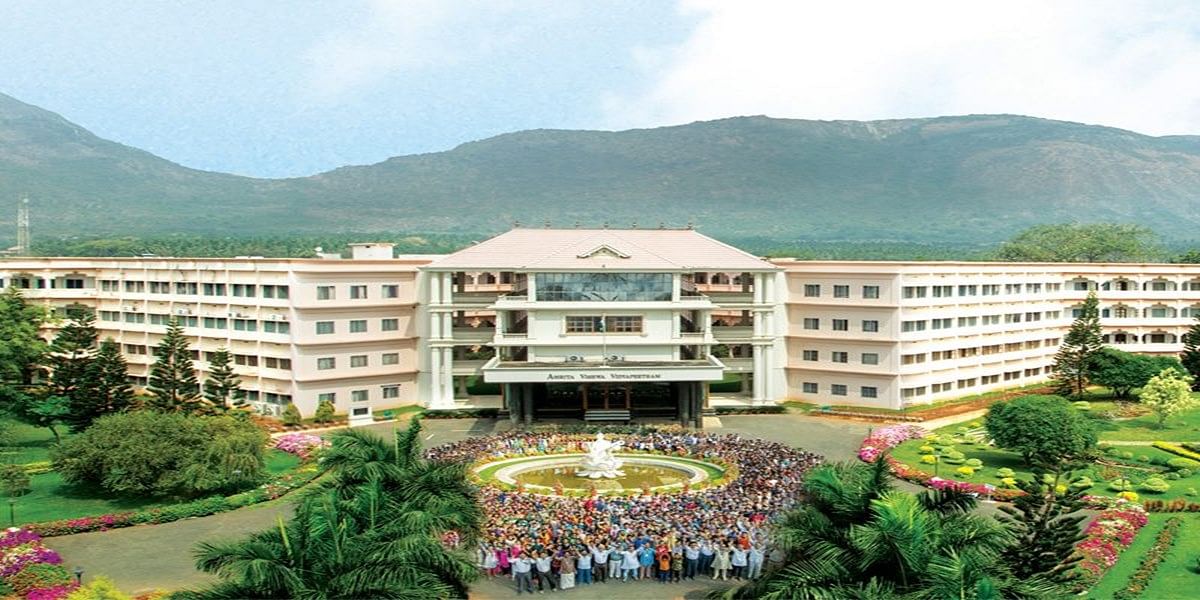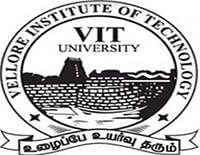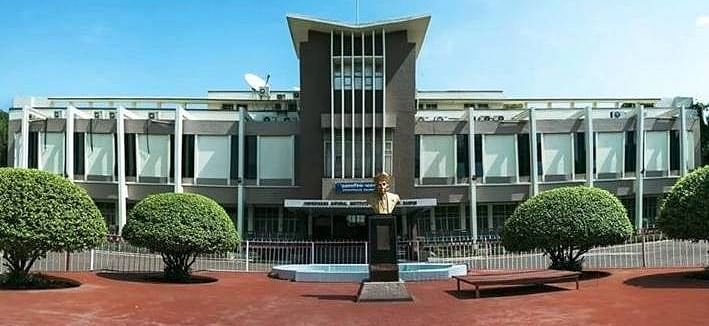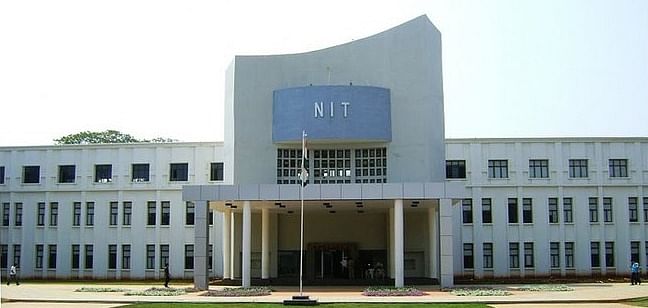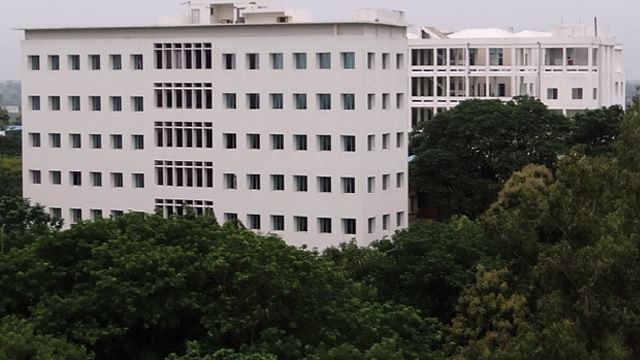M.Tech Power Electronics and Drives Syllabus and Subjects

M.Tech Power Electronics and Drives syllabus is two years long, divided into four semesters. The M.tech Power Electronics and Drives subjects list consists of both theoretical and practical forms of teaching. There are both core and elective subjects part of the curriculum, making the course diverse and flexible. The different subjects part of the course includes Power semiconductor devices, Electronics, Electromagnetics, Digital signal processors, Control theory, EMC, and Energy technology.
Semester Wise M.Tech Power Electronics and Drives Syllabus
The M.Tech Power Electronics and Drives subjects consist of both theoretical and practical subjects. The themes for the study in Power Electronics and Drives provide you with an in-depth understanding of the technologies and scientific disciplines involved in electric energy conversion by means of power electronic converters and electric machines. The course has both core and elective subjects part of the curriculum. The M.Tech Power Electronics and Drives subjects list is given below according to their semesters:
|
Semester I |
Semester II |
|
Power Electronic Converters and Machine Drives |
Machine Analysis |
|
Power Electronics and Machine Lab |
Advanced Machine Drives |
|
Advanced Power Electronic Converters |
Machine Drives Lab. |
|
Semester III |
Semester IV |
|
Thermal |
Electromagnetic |
|
Electromechanical |
Comprehensive Viva Voce |
|
Lab Workshop |
Research Project |
M.Tech Power Electronics and Drives Subjects
M.Tech in Power Electronics and Drives curriculum is designed to introduce students to all the essential knowledge of power electronics and its various applications in power system engineering, electrical drives, electrical machines, and electronic equipment. They get to understand the synergy between power electronics and power systems and how that interfacing is important to have a better energy scenario. The following are some of the subjects which are related to the M.Tech Power Electronics and Drives syllabus of the course:
Core subjects:
- APower Electronic Converters and Machine Drives
- Machine Analysis
- Power Electronics and Machine Lab
- Advanced Machine Drives
- Advanced Power Electronic Converters
M.Tech Power Electronics and Drives Course Structure
M.Tech Power Electronics and Drives course structure consist of both theory and practical forms of teaching. The course has a total of four semesters, consisting of both core and elective subjects. The core subjects are the essential subjects that are required for basic foundational teaching in the engineering field. At the end of their education, students are expected to work on a research project. This project helps them to further develop and understand their specialization. The course structure is as follows:
- IV Semesters
- Core Subjects
- Elective Subjects
- Practical Workshops
- Research Project
M.Tech Power Electronics and Drives Teaching Methodology and Techniques
The M.Tech in Power Electronics and Drives teaching methodology and techniques encompass both traditional and classroom forms of teaching. The traditional classroom-based teaching methods are designed to help students learn about the concepts in greater depth and detail and ensure that they have an opportunity to ask any questions that they might have. The practical workshops help the students learn about the concepts in a real-life situation and setting, providing the students with all the essential employability skills.
- Traditional Classroom-Based Teaching
- Practicals Workshops
M.Tech Power Electronics and Drives Projects
The M.Tech Power Electronics and Drives projects that are expected out of the students to work on during their final semester is a means of introducing students to the importance of research methodologies. This also ensures that the students get an opportunity to learn about their specialization in great depth and understand the topics well. Some popular topics undertaken by the students are listed below:
- Power Electronic Converters and Machine Drives
- Machine Analysis
- Power Electronics and Machine Lab
- Advanced Machine Drives
- Advanced Power Electronic Converters
M.Tech Power Electronics and Drives Reference Books
M.Tech Power Electronics and Drives books are an important source and investment for the students. Power electronics is, after all, taking center stage in every respect, whether domestic, industrial, or commercial. In every electronic equipment, from ordinary television to massive converters in power stations, power electronics play a crucial role. By investing in some reference books the students can ensure that they ace the course and exams without any hurdles. Some of the reference books are listed below:
|
Books |
Author Name |
|
Power Electronics- Circuits, Devices, and Applications |
M.H. Rashid |
|
Power Electronics- Converters, Applications, and Design |
N. Mohan et.al. |
|
Modern Power Electronics and AC Drives |
Bimal K Bose |


